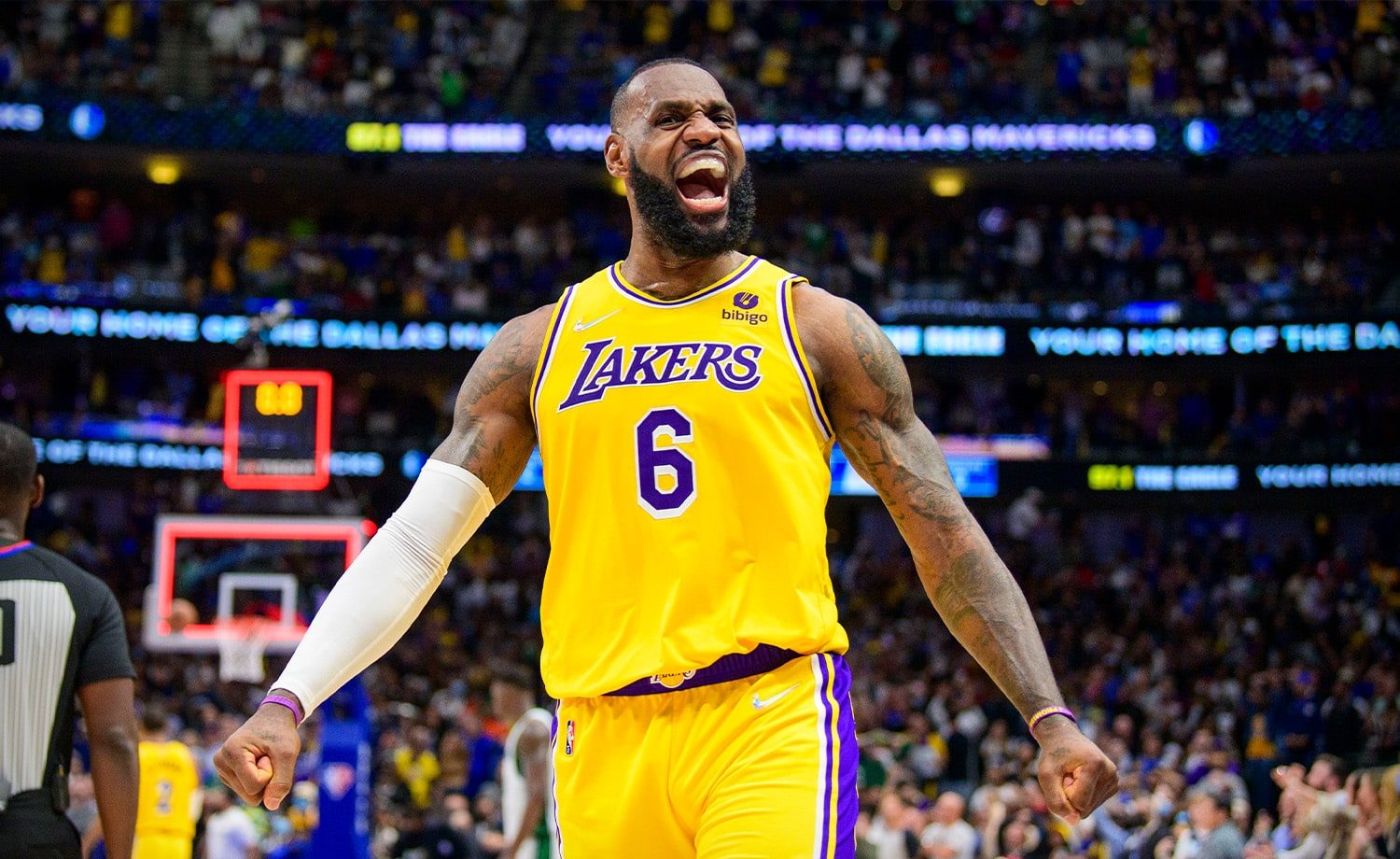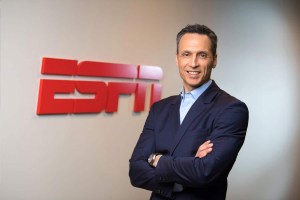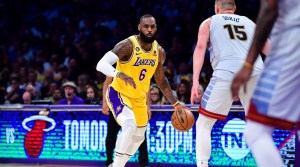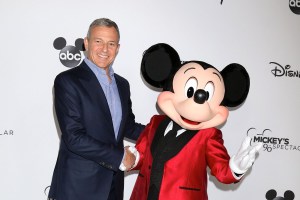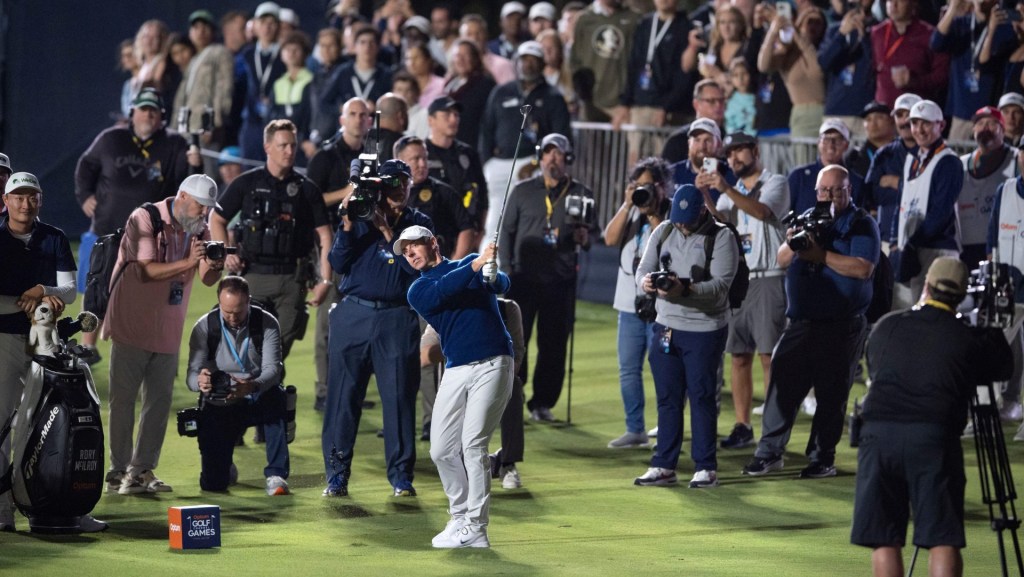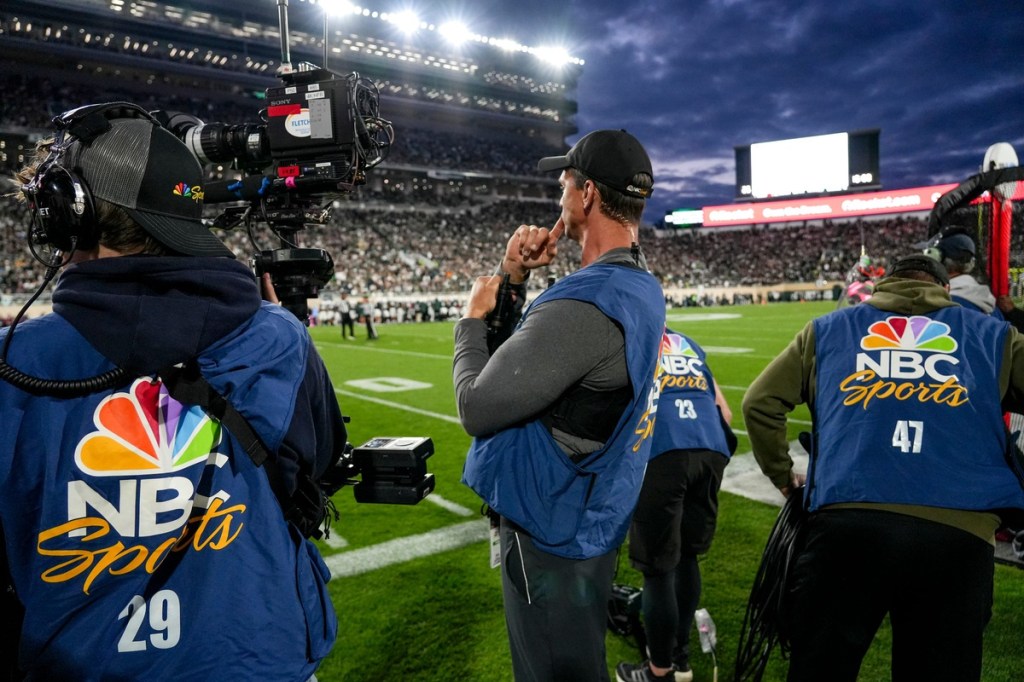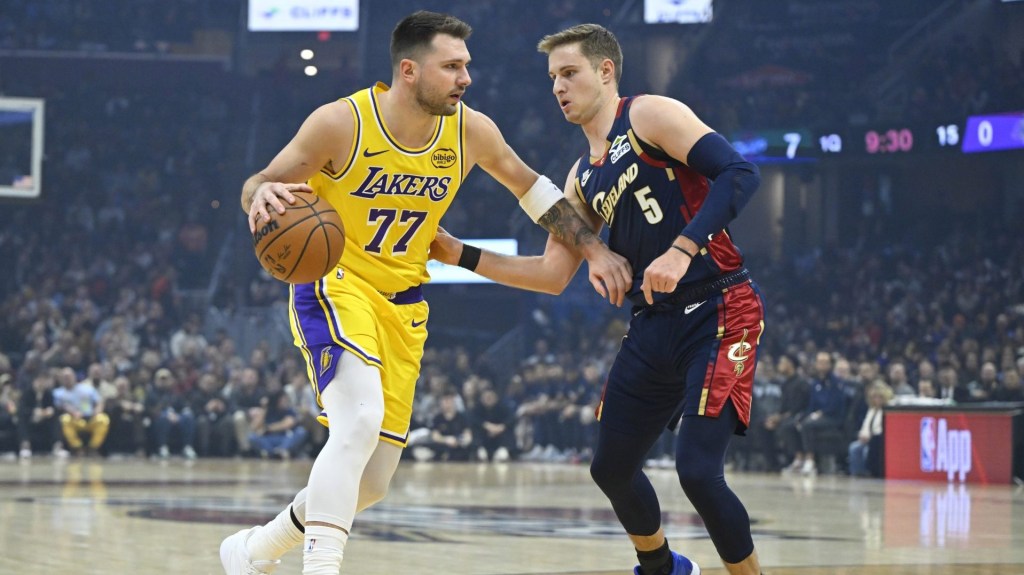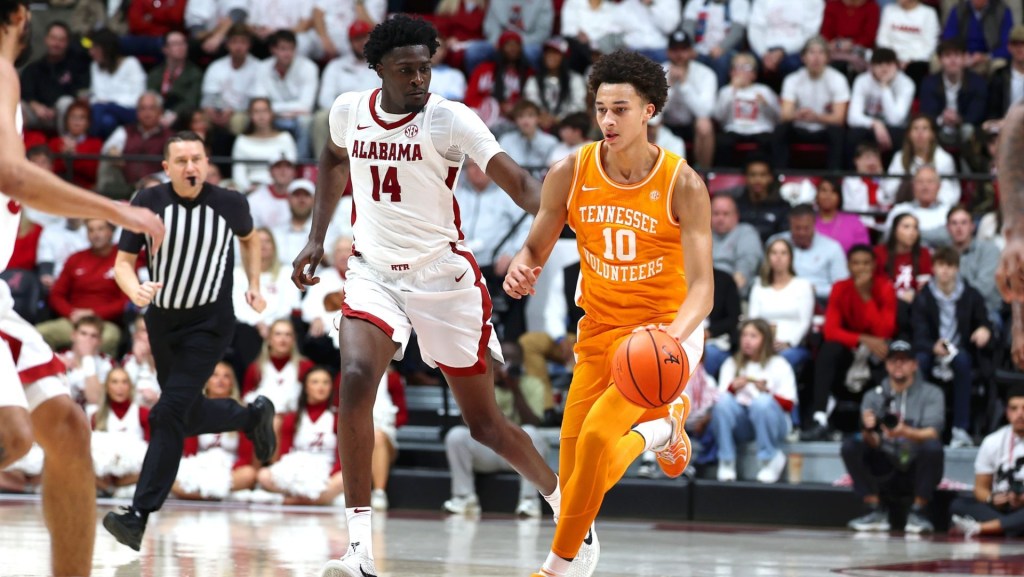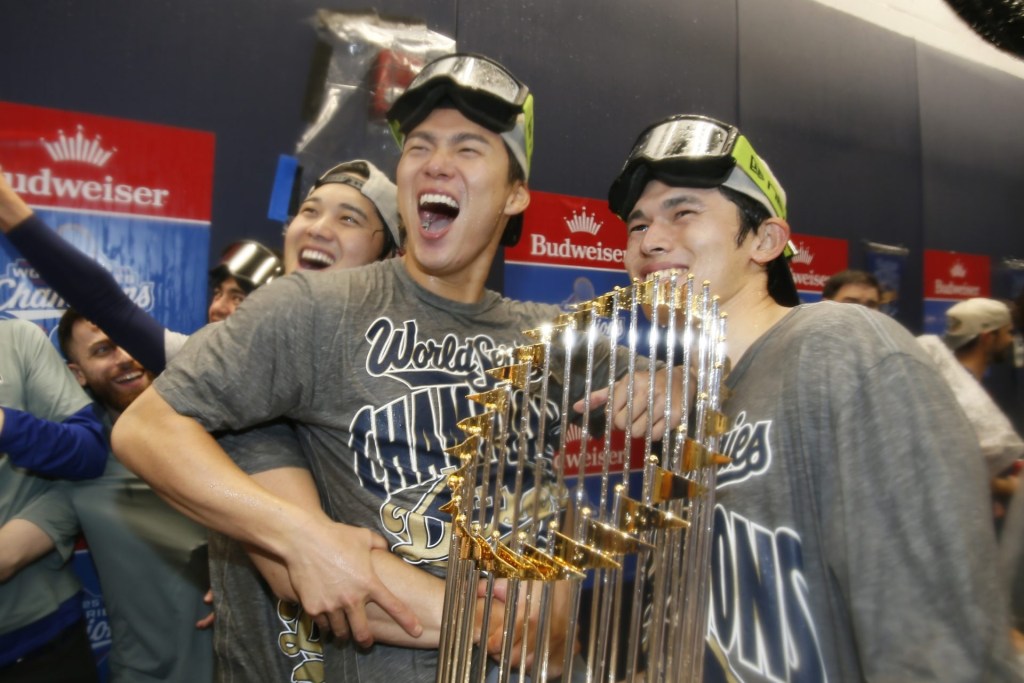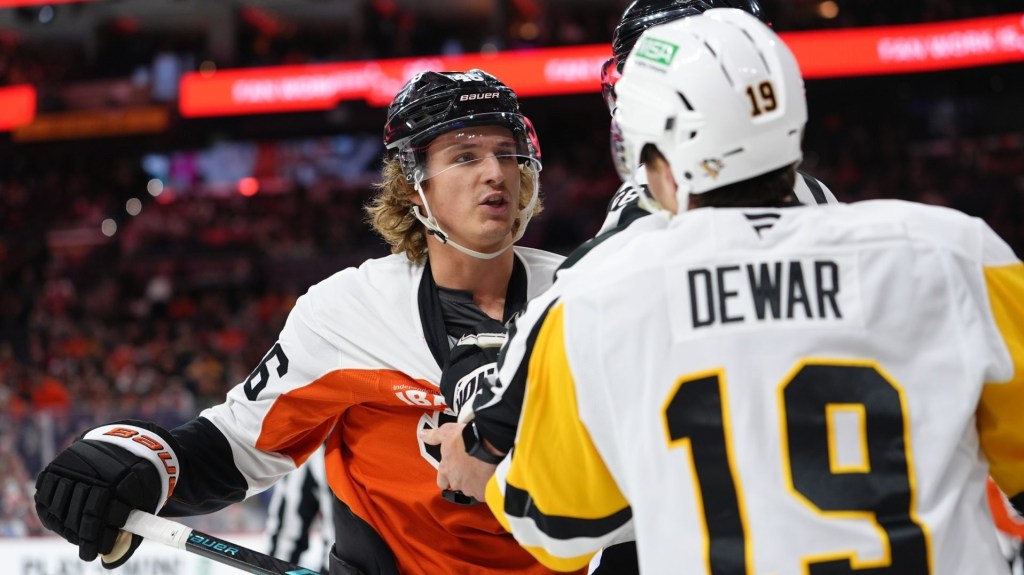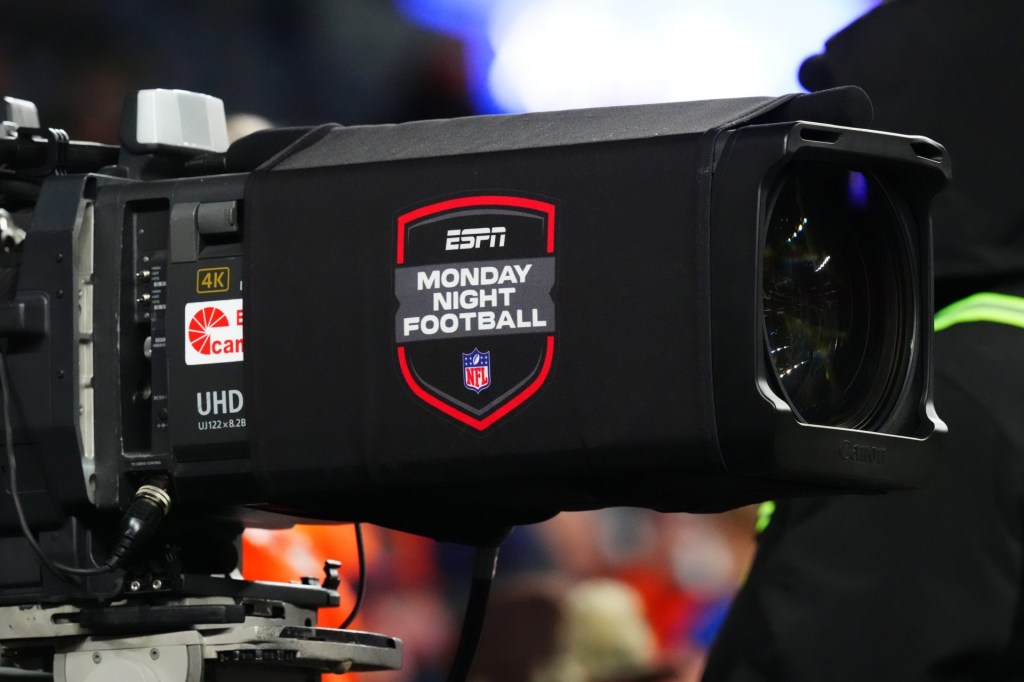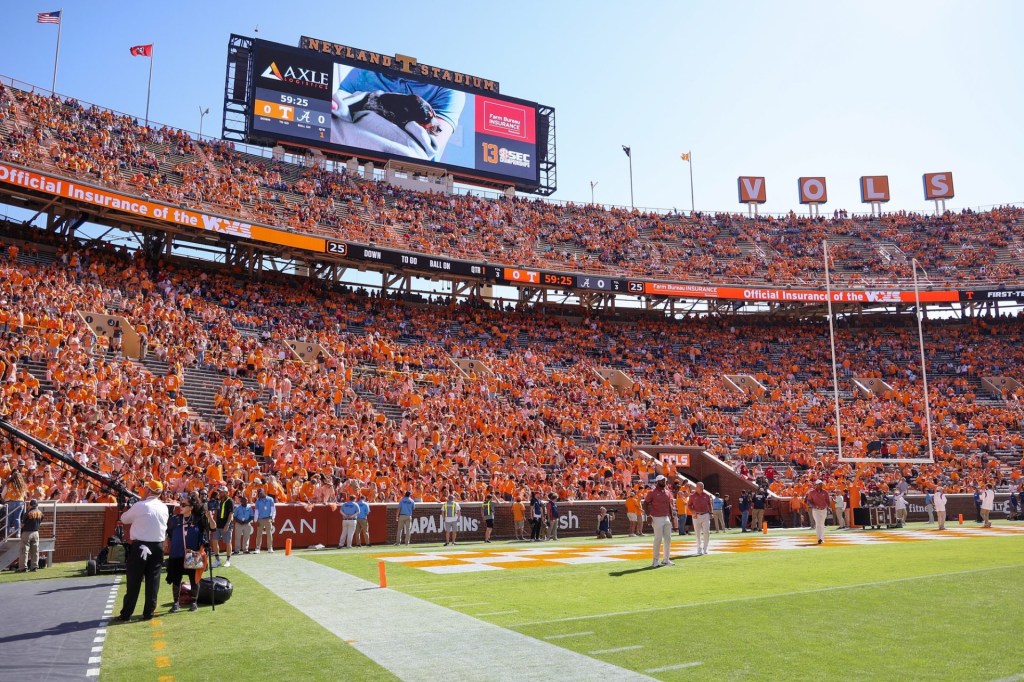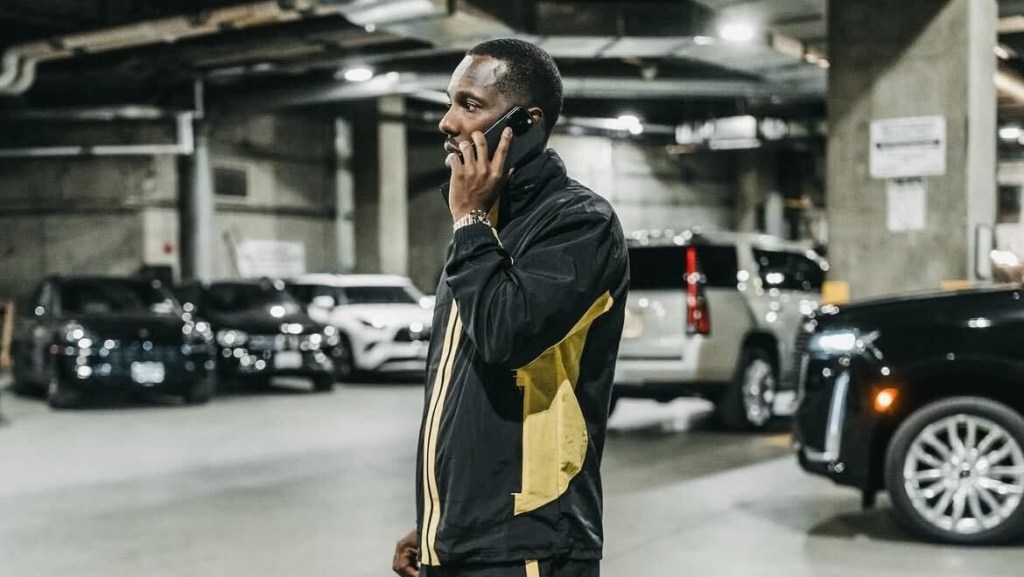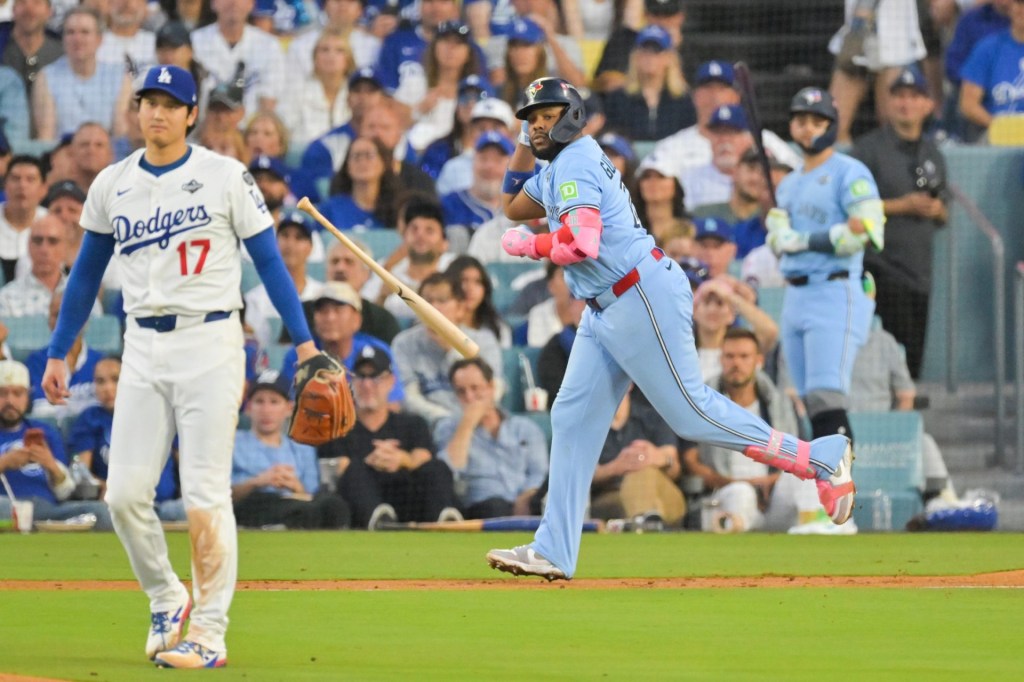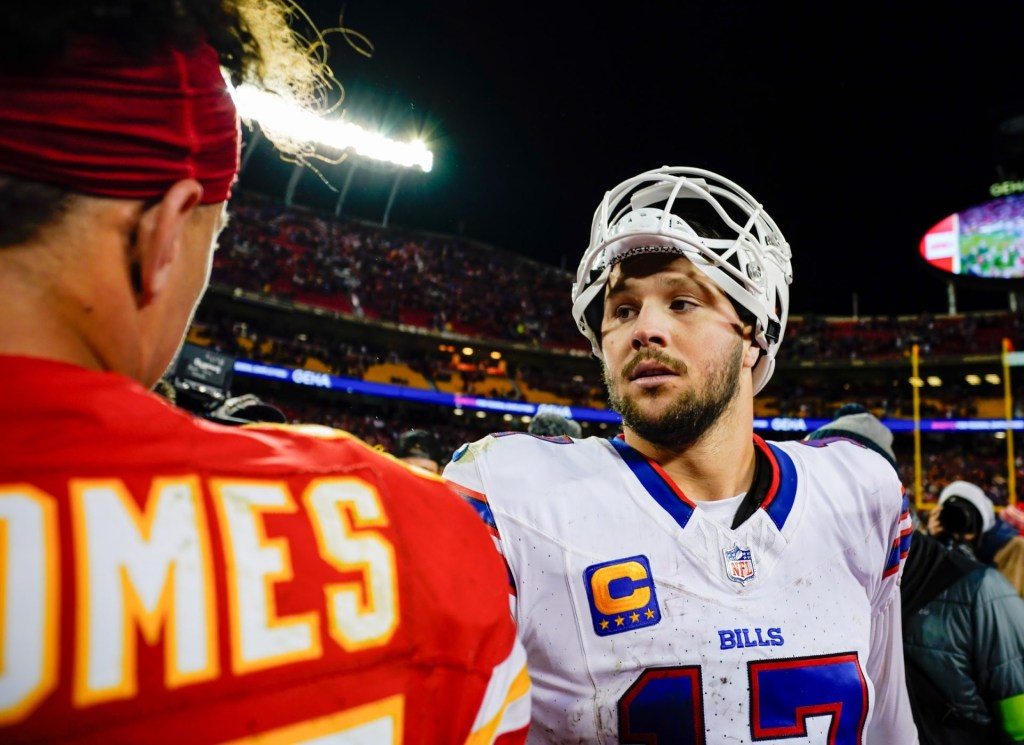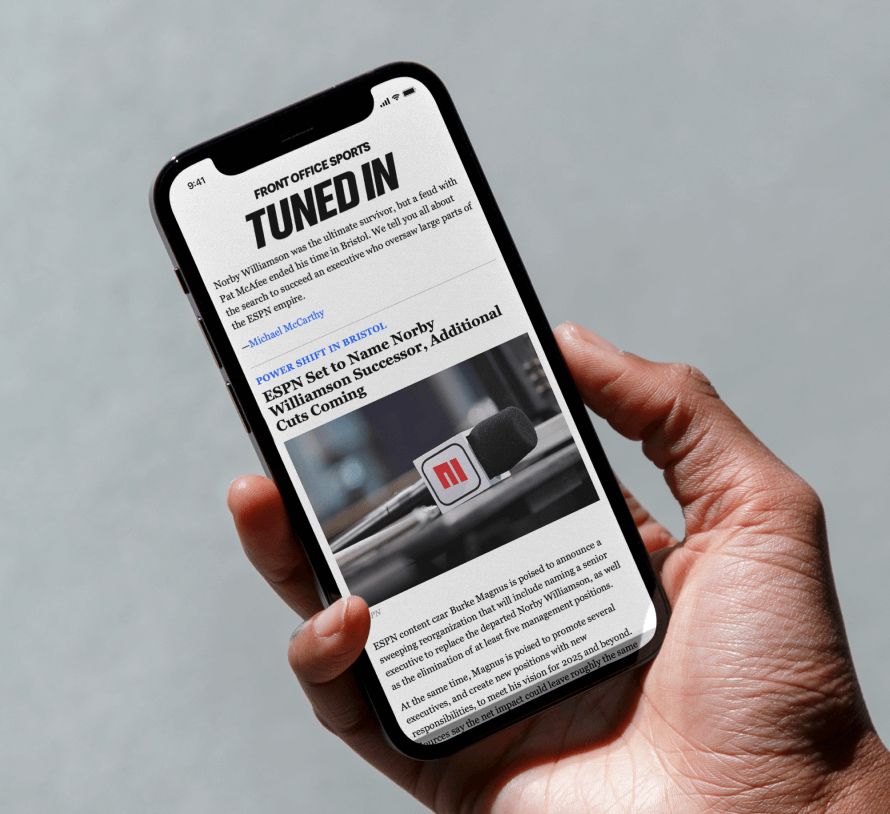ESPN and Turner Sports have shared NBA media rights since 2002 and are in an exclusive negotiating window to renew into the 2030s.
Tough-talking David Zaslav declared that Warner Bros. Discovery Sports doesn’t need the NBA. But what if the Walt Disney Co. could drop out of the bidding if the price tag gets too high its ESPN network?
It’s hard to imagine ESPN without LeBron James, Steph Curry, Doris Burke, and Mike Breen. Top executives like Jimmy Pitaro and Burke Magnus have repeatedly stated they want to renew their NBA rights.
If they don’t close the deal, deep-pocketed streamers Amazon Prime Video — which is already eyeing a Tuesday or Thursday night package similar to “Thursday Night Football” — and Apple are waiting in the wings.
Not to mention NBC Sports, the league’s broadcast partner during the 1990s, which is itching for a “Roundball Rock” reunion.
If there’s one thing we’ve learned about the Pitaro era, it’s that ESPN will no longer bid on everything — or against itself. The new ESPN picks its spots.
The NBA will seek a combined $50 billion to $75 billion for its next long-term cycle of media rights. That could double or triple the payout from its current nine-year deals that pay a combined $24 billion, or $2.6 billion a year, through the 2024-25 season.
Disney owns 80% of ESPN. But what ESPN wants may have to take a back seat to what parent Disney needs financially, and the Mouse House is under pressure from Wall Street to boost its flagging stock price.
Despite slashing $7.5 billion in costs and 8,000 jobs, returning Disney chairman Bob Iger has even talked about selling ESPN and ABC. Or bringing in strategic investors like the NBA, NFL, MLB, or NHL.
As a former producer for the late, great ABC Sports, Iger understands how the one-two punch of falling subscribers and rising costs hurts ESPN.
Even if the NBA, NFL, or MLB buys a stake, ESPN’s business model will still be battling the same economic headwinds, according to media analyst Rich Greenfield.
“We do not understand how any of them would solve ESPN’s #1 problem — the cost of sports rights is rising faster than revenues,” he warned in a research note for LightShed Research. “Sure, there could be excitement around one or more of them overpaying to own a piece of ESPN, but that does not fix/improve ESPN’s long-term financial prospects.”
Put aside Disney’s issues, and the mood is different inside ESPN, too.
Rather than simply out-spending competitors for marquee rights, Pitaro has installed fiscal rigor to the bidding process.
When the price got too high for Big Ten rights, a more disciplined ESPN walked away despite a 40-year relationship with the conference. It also passed on rights to the NFL’s Sunday Ticket, Major League Soccer, and the Pac-12 Conference.
ESPN also has expensive rights negotiations coming up for the College Football Playoff (CFP), UFC, and possibly the WWE.
To make matters more intriguing, NBA Commissioner Adam Silver recently criticized TV coverage from his incumbent networks on a podcast with ESPN analyst JJ Redick.
Similar to the NFL, Silver would like to see more Xs and Os analysis of NBA offenses and defenses. Not just paeans to players’ athletic prowess.
“I think where we can all do a better job, and again I’m not just pointing to the media here, is talking more about the game,” Silver said. “My frustration a bit, I think sometimes the color commentary in our games gets reduced to, ‘This team wanted it more’ or ‘This team tried harder.’”
On the other hand, the NBA amounts to “existential rights” for ESPN, according to former president John Skipper.
While Wall Street remains skeptical about how much ESPN can charge for a new DTC product, ex-Disney executive turned Iger advisor Kevin Mayer told Yahoo Finance that $30 a month would be a “reasonable” price.
There’s “absolutely no way” ESPN walks away from the NBA, said media consultant Jim Williams. The two rely on each other, he noted. The combination of ESPN’s distribution, shoulder programming, and Disney’s marketing might help keep the Association front and center in fans’ minds.
“If you’re going to take it to streaming, and you’re going to ask for $25 a month, you better damn well have the NBA,” Williams warned. “Look at the demo of that audience. How are you going to put together a streaming service, and you’re supposedly the Worldwide Leader in Sports, and not have the NBA? It’s not going to happen. That would be insanity.”
One option for ESPN is relinquishing part of the expanded CFP to free up money for the NBA.
All sports TV networks cry poverty come negotiating time, noted ex-Fox Sports executive Bob Thompson.
The first-ever release of ESPN’s financials revealed a surprisingly powerful and profitable company.
In short, Thompson expects both ESPN and WBD Sports to renew their NBA packages, even if they’re smaller than what they have right now, with a new streaming partner in the mix too.
Look for ESPN to put some games on its ESPN+ streaming platform while WBD Sports streams games across B/R and Max, he added.
“The NBA is TNT’s primary sports product – and for ESPN the NBA will be critical for when they offer ESPN in a DTC model,” Thompson said. “Sure, they are saying it costs too much. That’s what networks do. I would be concerned if they were saying the ratings or the demos were bad, but I’m not hearing any of that. I think at the end of the day they renew with a rights fee increase but they end up with fewer games as the NBA carves out a streaming package as part of the new deal.”
Another former sports media executive with direct knowledge of ESPN and the NBA said it’s typical for media executives and commissioners to talk tough publicly during billion-dollar negotiations.
“Both WBD and Disney need NBA content to keep affiliate fees (however shrinking) coming and in a DTC world for all the months of content that the NBA provides…So posturing like this is not usual.”
